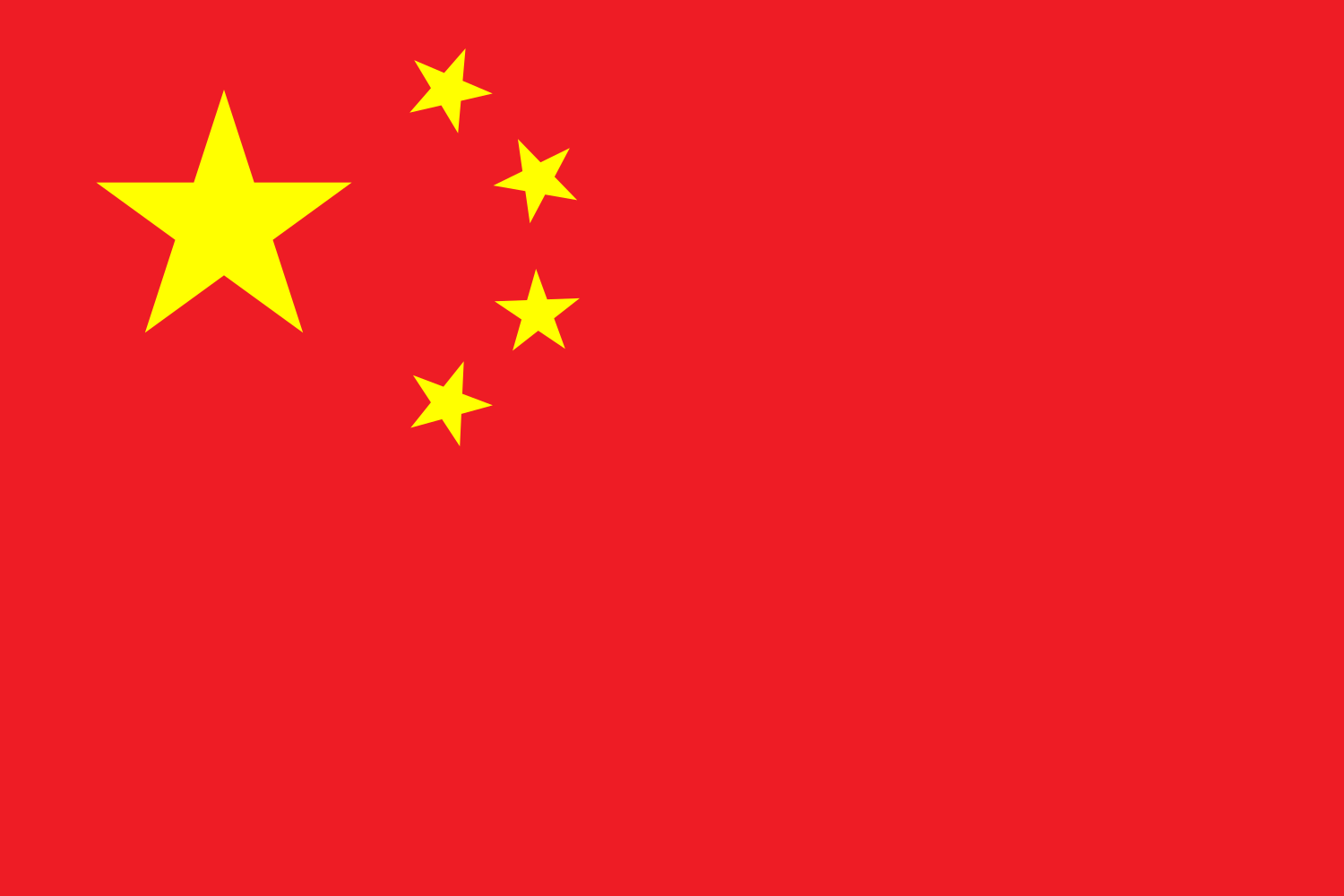
Russian President Vladimir Putin may not be getting love from Washington and its think tanks, but it sure is getting some love from Chinese think tanks. Here is more from The Diplomat:
But it is in Chinese foreign policy circles where observers should be most worried about Beijing’s portrayal of Putin and the admiration he receives. Government-affiliated academics have notably praised Russia’s leader for his willingness to challenge the West head-on across a wide range of issues. Inside the first cover story of the year in Global People, a magazine run by the Chinese Communist Party (CCP) mouthpiece People’s Daily, Chinese Academy of Social Sciences (CASS) researcher Wu Wei praised Putin for usurping America’s traditional role as the defender of democracy by welcoming NSA defector Edward Snowden into the open arms of Russia’s intelligence service. It is worth noting that CASS is directly subordinate to the PRC’s State Council.
Putin has admirers at other major Chinese think tanks as well. Liu Guiling, an analyst at the Ministry of State Security’s China Institutes of Contemporary International Relations (CICIR), writes that Putin has earned his constituents’ support through the pursuit of Russia’s own “Great Power Dream.” Liu asserts this “dream” includes advancing Russia’s national rejuvenation, creating a stronger military, and standing up to foreign interference — themes reminiscent of President Xi Jinping’s own “China Dream.” Likewise, deputy director of CICIR’s Institute of World Political Studies Chen Xiangyang describes Putin’s foreign policies in the context of a “new international situation” and an increasingly multi-polar world. Chen argues that in 2013, Putin’s pressure on Obama over Syria’s civil war and the Iran nuclear issue helped further Moscow’s interests at America’s expense. Chen went so far as to call Putin an “international strategy chess master” for his defense of Russian strategic interests in this year’s Ukraine crisis.
In their admiration of Putin, some Chinese analysts see a blueprint for more assertive Chinese foreign policy. Guo Jinyue from the Ministry of Foreign Affairs’ China Institute of International Studies (CIIS) writes that in comparison with Beijing’s own relatively “mild and moderated” tactics for managing western interference, Putin’s unyielding stance has raised the spirits of China’s hawk faction. Given that CASS, CICIR, and CIIS are all government think tanks affiliated with different organs of state power, these views likely represent a broad segment of the CCP’s own thinking regarding their northern neighbor’s strongman.
Here is a recent Think Tank Watch piece about the crackdown at one of China's top think tanks. Here is another recent Think Tank Watch piece about Chinese hackers targeted powerful US think tanks. Here is another piece about a recent think tank summit in China.